Science
Science Curriculum Framework
The Science Curriculum Framework is derived from the Policy Framework for the Teaching and Learning of Science. It encapsulates the thrust of science education in Singapore to prepare our students to be sufficiently adept as effective citizens, able to function in and contribute to an increasingly technologically-driven world. Central to the curriculum framework is the inculcation of the spirit of scientific inquiry. The conduct of inquiry is founded on three integral domains of (a) Knowledge, Understanding and Application, (b) Skills and Processes and (c) Ethics and Attitudes. These domains are essential to the practice of science. The curriculum design seeks to enable students to view the pursuit of science as meaningful and useful. Inquiry is thus grounded in knowledge, issues and questions that relate to the roles played by science in daily life, society and the environment.
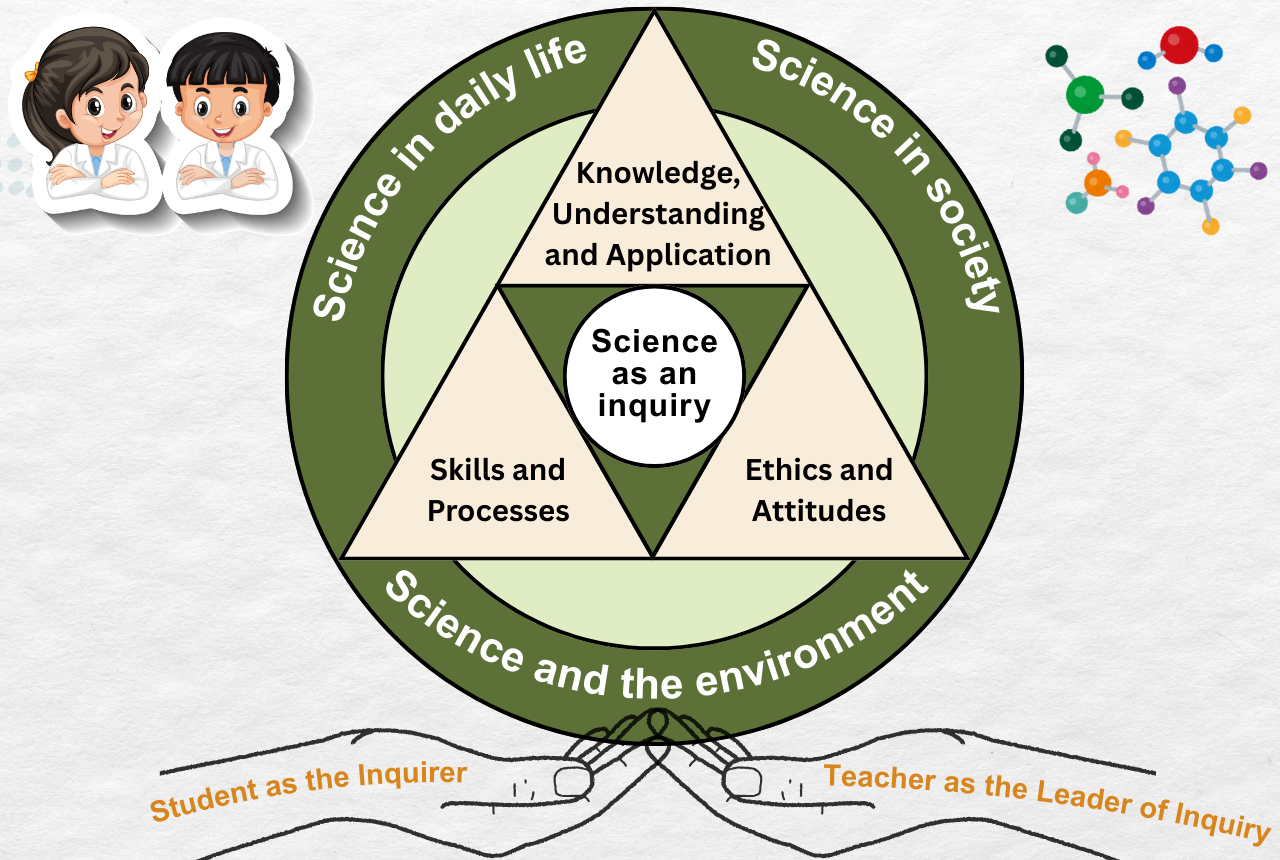
Department Pedagogy
Science teaching and learning are anchored on inquiry-based lessons where students are exposed to hands-on activities in the learning of Science concepts. To deepen students’ learning, thinking routines are infused during lessons to help in students’ cognitive development. Science investigative skills are developed through Investigative Tasks and Performance Tasks, which form part of holistic assessment in Science. Students are given a scenario in which they have to design their experiment, gather information, interpret data and make conclusions based on their findings.
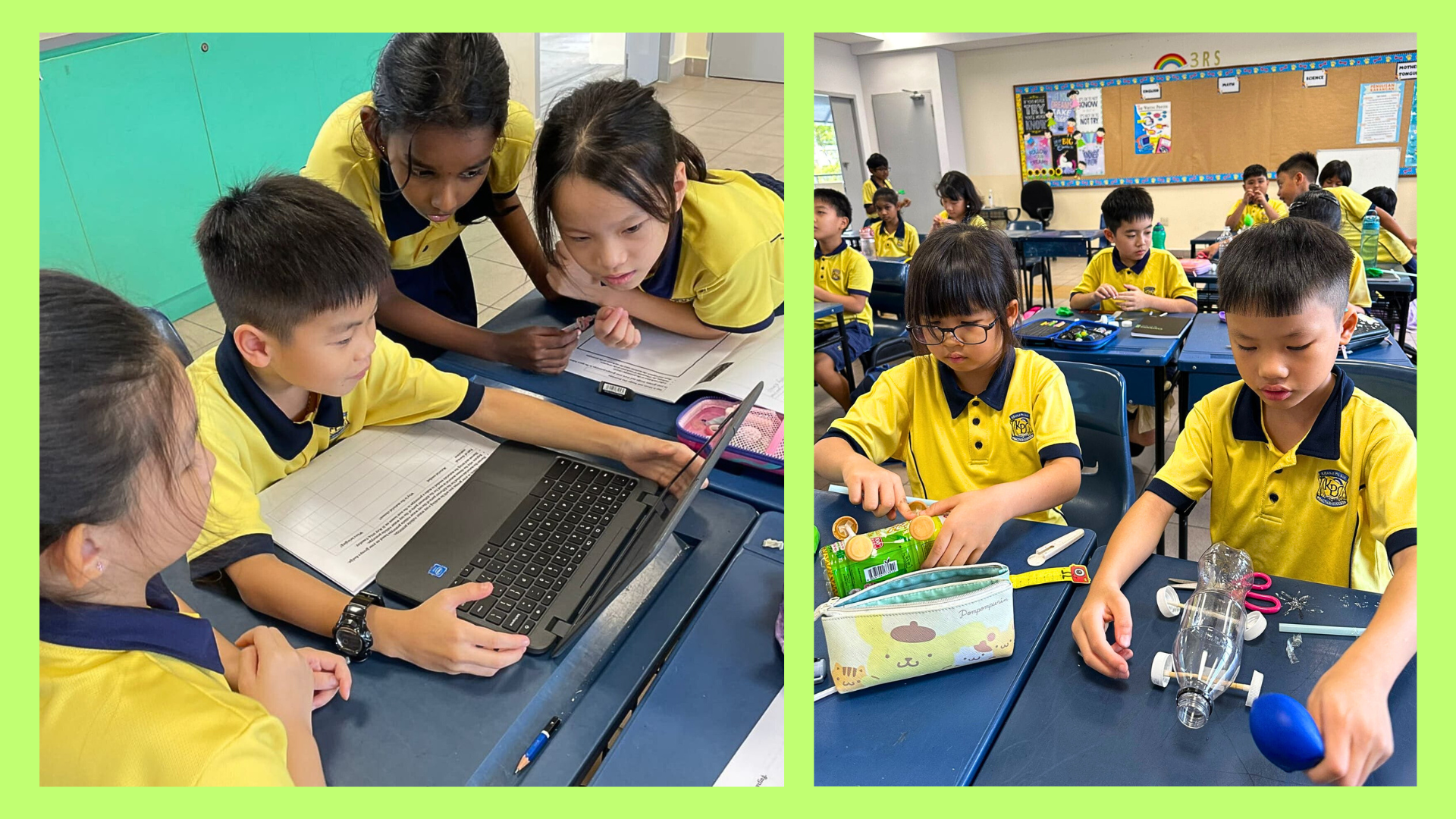
Our key programme, Awe & Wonder in Science, aims to instil a sense of curiosity in students as they learn science within the classroom and beyond. While being introduced to a scientific concept, students are exposed to discrepant events to pique their interest. These ‘surprising’ events allow students to develop an inquiry mindset. Students raise questions related to the topic through structured journal writing. Students are encouraged to be self-directed learners as they search for answers to their questions.
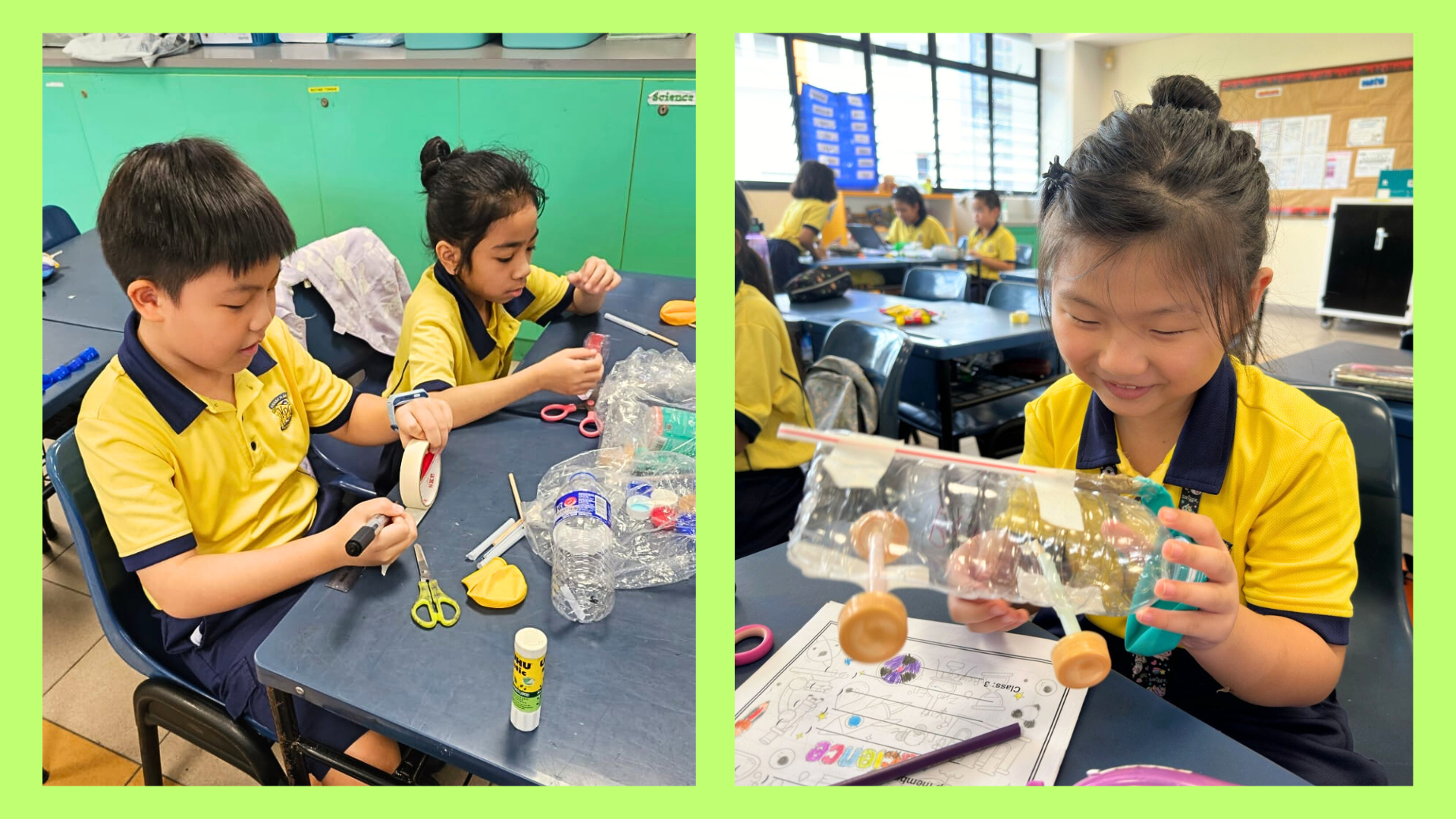
Level Programmes
The Science Department also organises learning journeys to reinforce what is being taught in the classroom. Learning journeys serve to provide authentic learning experiences for the students and further fuels the spirit of Awe & Wonder in Science.
P3: Singapore Botanic Garden
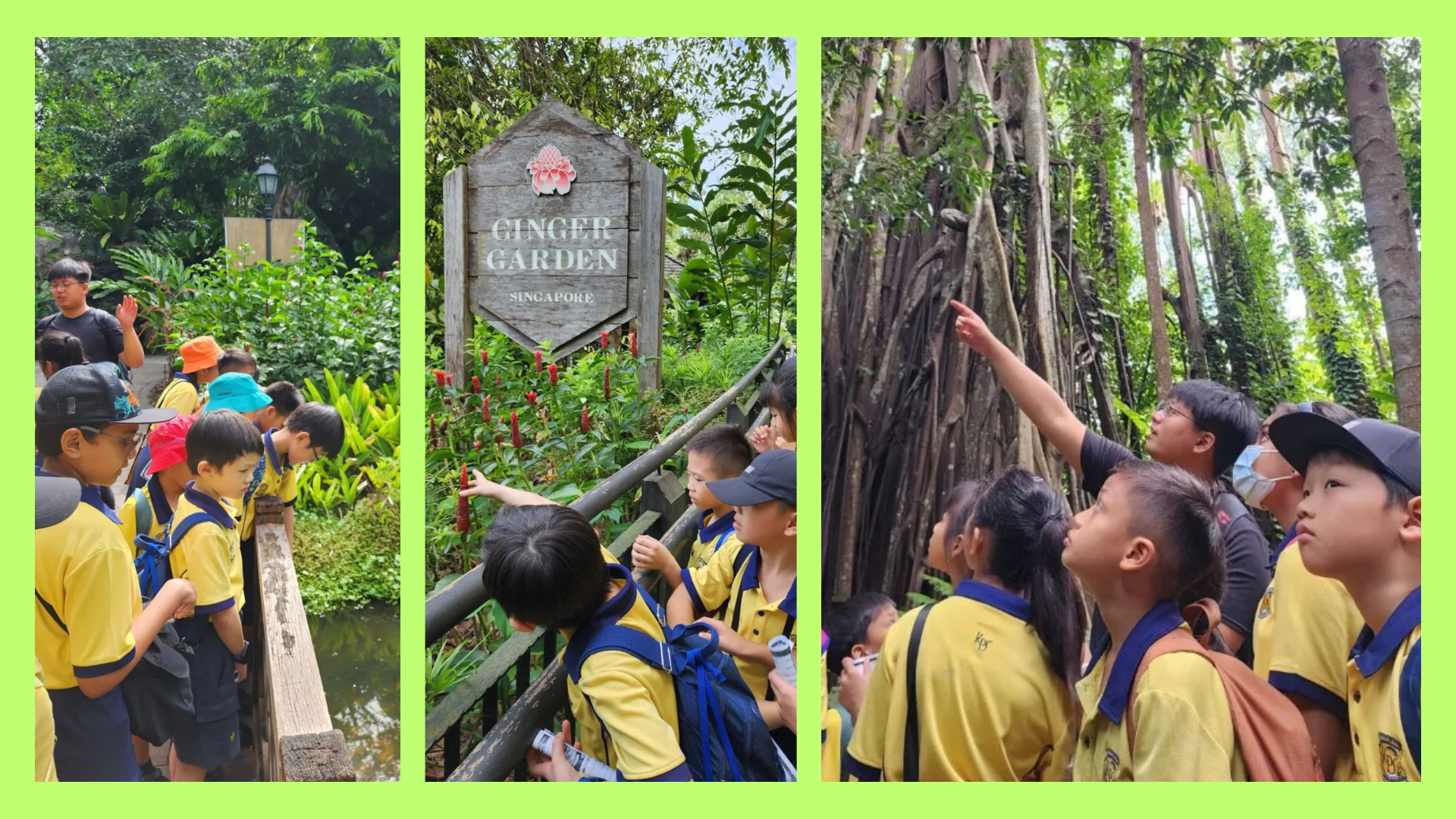
P6: Sungai Buloh
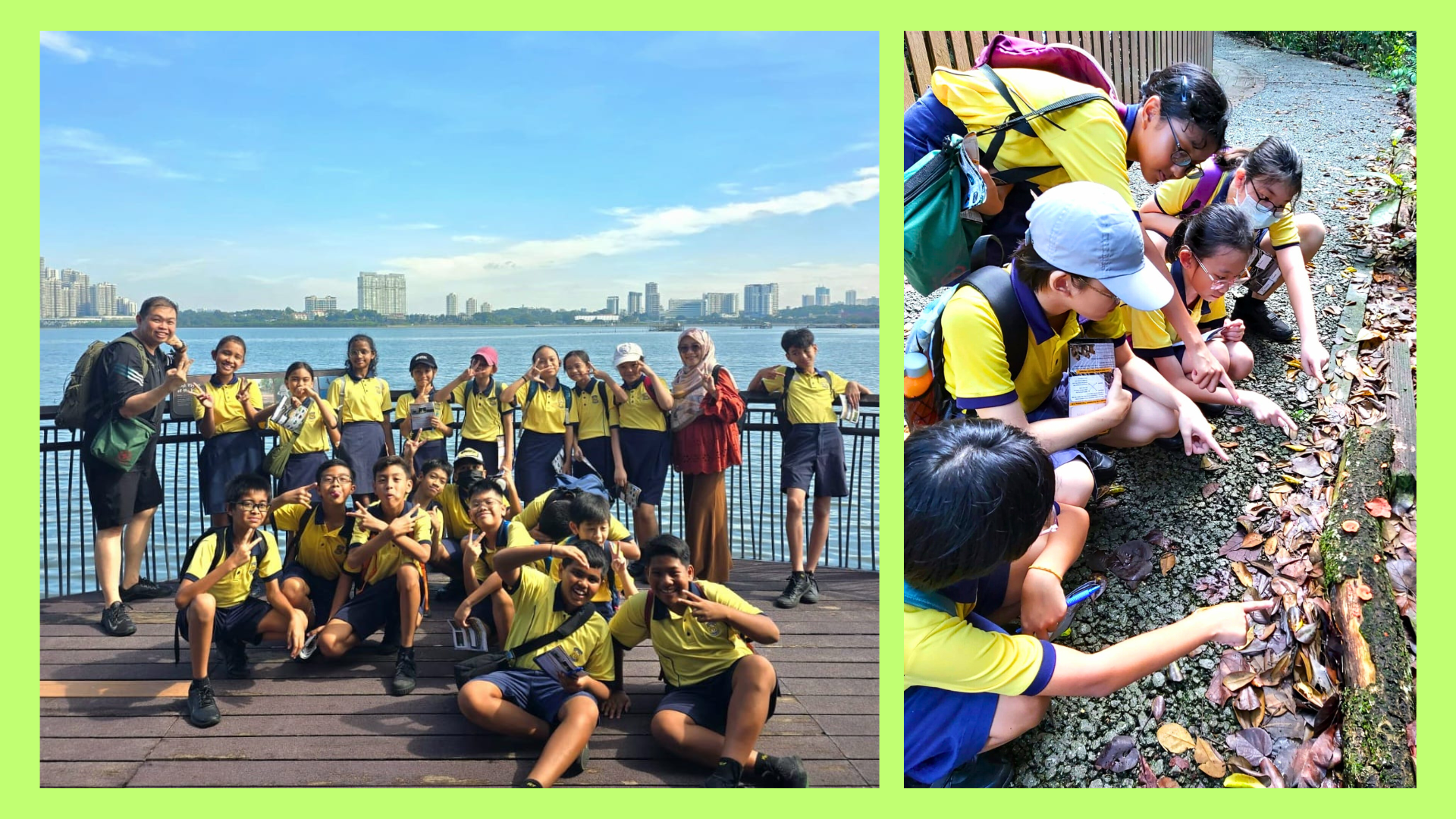
Talent Development Programme
The Excellence 2000 (E2K) Science Talent Development Programme is designed to develop and challenge students who are talented in Science through the learning of advanced concepts beyond their Primary Science curriculum through hands-on activities. Students are given opportunities to undertake a series of mini-investigative projects designed to sharpen their laboratory skills and grow their capacity for critical and inventive thinking. Opportunities for exposure through participation in competitions and other external activities provide the platform for students to extend their learning beyond the school. The rich learning experiences offered by the programme serve to help students to develop the habits, attitudes and dispositions scientists possess, and gain important 21st century competencies such as critical thinking, invention thinking and effective communication skills. The programme is conducted in-house by our Science teachers who have been trained in the E2K pedagogy by MOE Gifted Education Branch (GEB).
Observing ultra-violet rays

Studying the effects of yeast

Singapore Amazing Flying Machine Competition organised by Science Centre Singapore
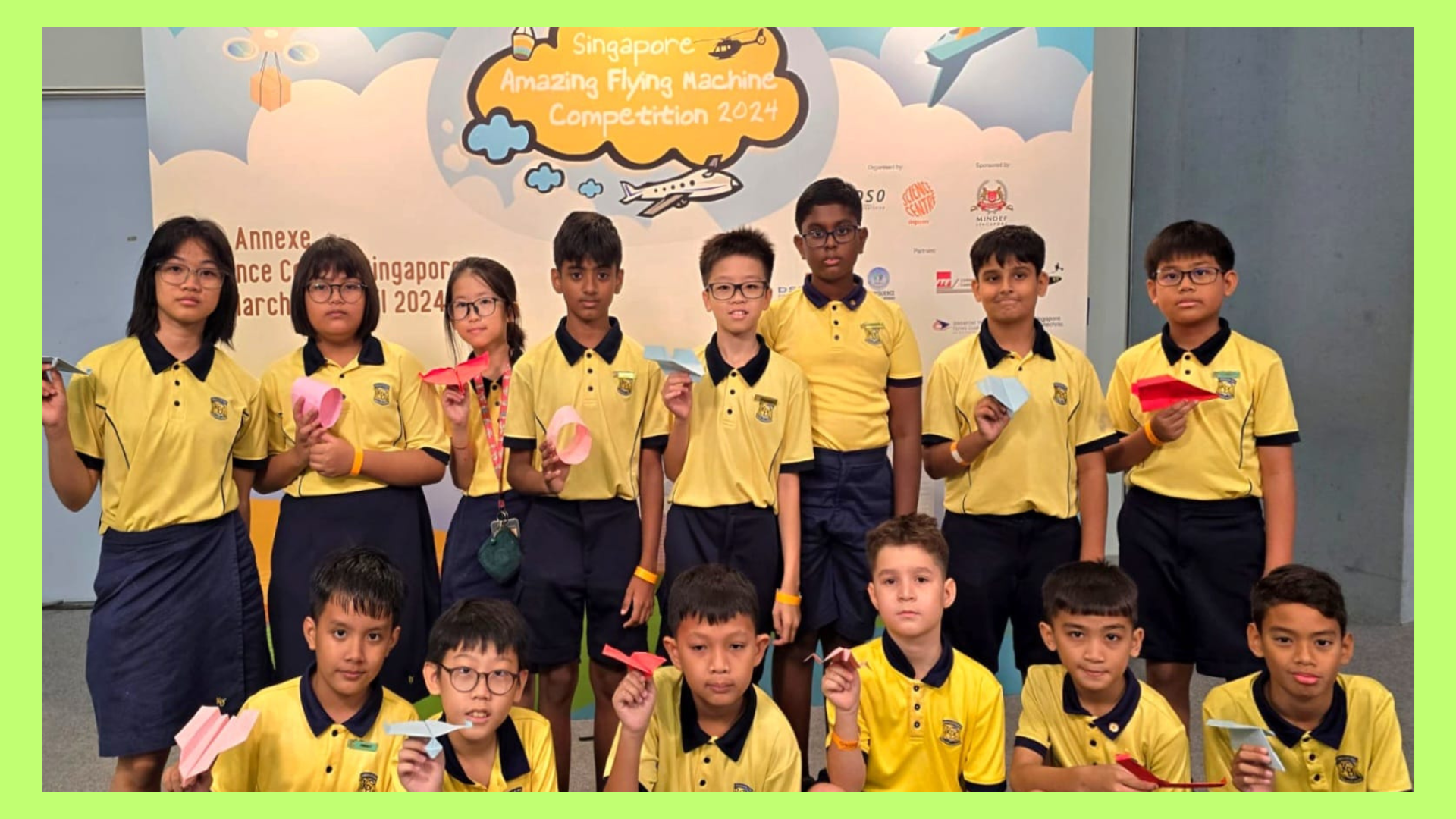
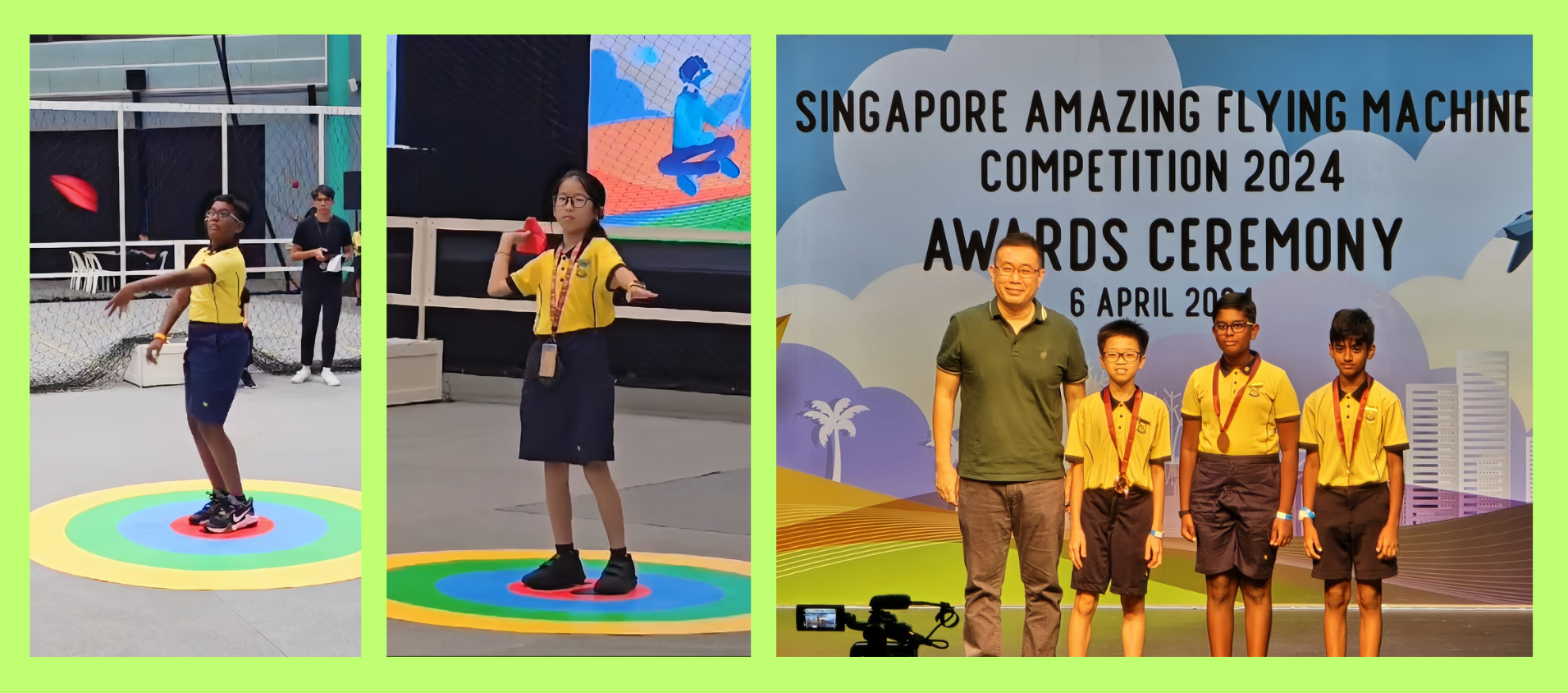
Support Programme
The After School Programme (ASP) for Science is designed to close the gaps in students’ learning and deepen their subject mastery. Selected students will attend the sessions on Monday or Thursday.
Tips for parents
Inquiry @ Home
-
Opportunities and exposure to science around them
-
Promote self-initiated and self-directed learning
-
Engaged further through questioning
-
Making connections for the things around them
Concept Building
-
Mind maps or concepts maps
-
Write science notes (Science journal)
-
Discuss or talk it over with family or friends
-
Clarify with teachers
Awe & Wonder at Home
-
Self-directed learners who will search and learn more deeply on their own through:
-
Toys
-
Non-fiction books
-
Newspaper articles
-
Science magazines
-
Television programmes
-
Online research (Science websites or quizzes)
-
Online interactive simulations or videos

